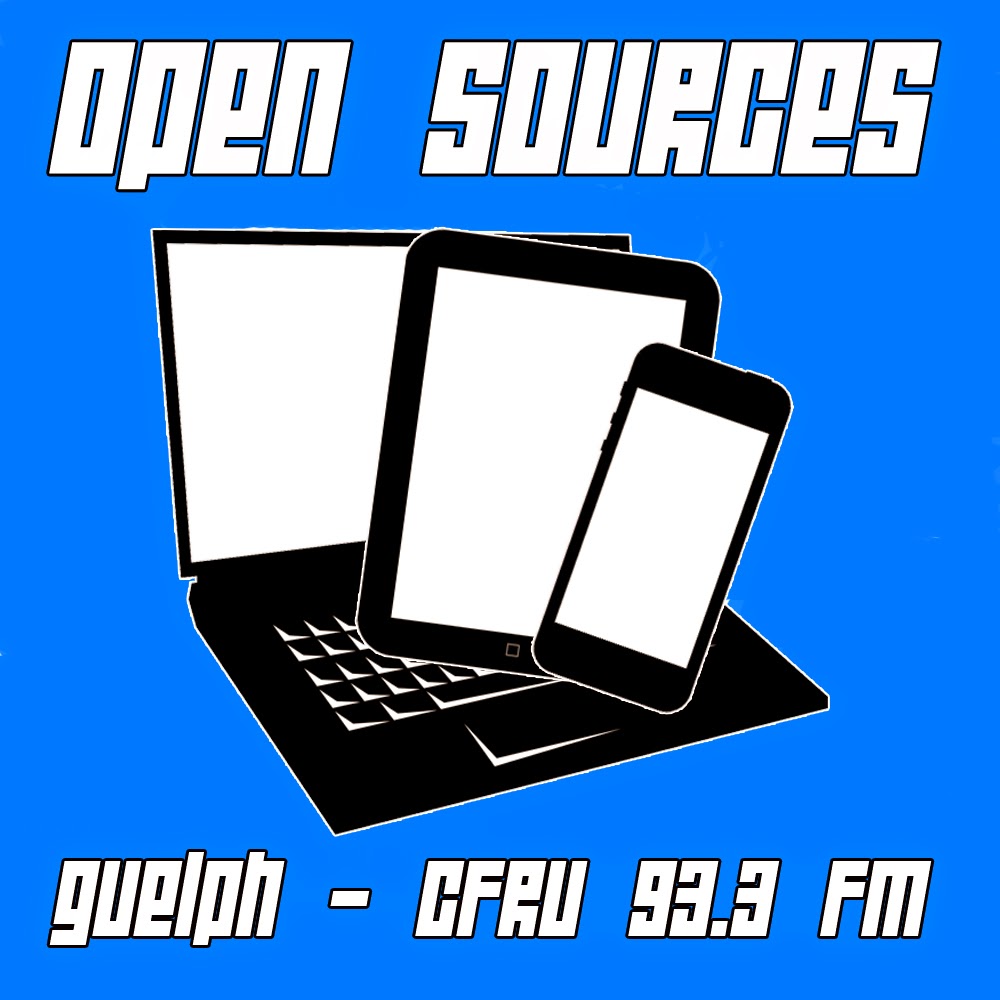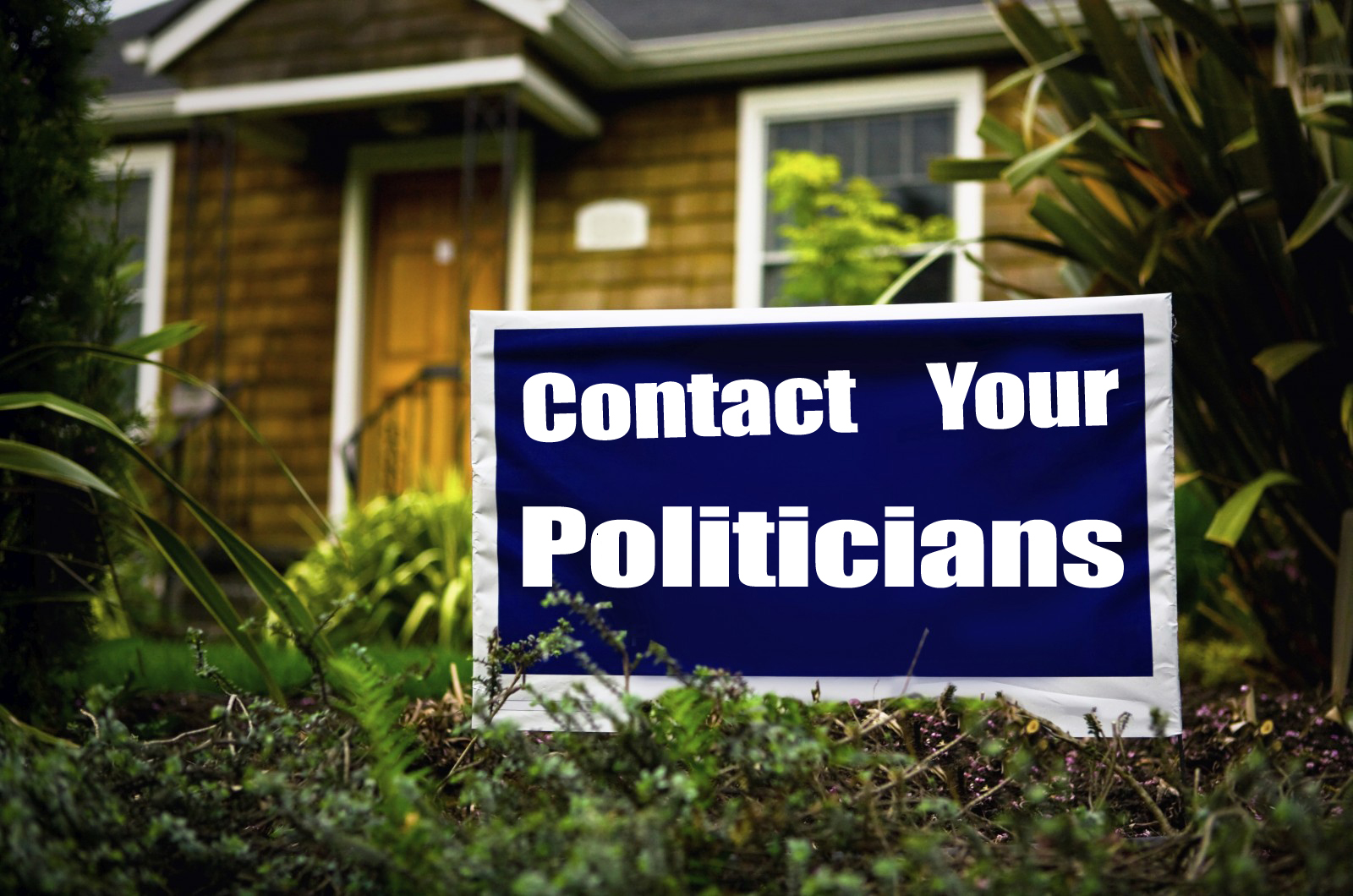Just two days after a showdown at Cutten Fields that was telecast on Rogers, the candidates gathered again to debate, this time at Peter Clark Hall in the basement of the University of Guelph's University Centre, and for the first time with all seven Guelph candidates on the same stage. What followed was a sometimes funny, sometimes informative, and sometimes hostile debate as all the candidates struggled to sell their platforms to a cynical and engaged lunchtime university crowd.
From the opening statements, some candidates couldn't help but pander to the student crowd. Liberal candidate Lloyd Longfield discussed his party's plan to address high student debt and high unemployment. Gloria Kovach, meanwhile, talked about building bridges and encouraging students to find their "inner Conservative" in the interest of protecting the economy. NDP Andrew Seagram also hit the debt card, and added a personal anecdote about "dancing myself silly" in Peter Clark Hall to Doug and the Slugs back when he was a student.
In what ended up being a debate based on questions generated entirely by people in attendance, the first query was about what each party intends to do for the middle class. Kovach began by talking about the Conservative government's record of investment and balanced budgets before getting interrupted by the first of many hecklers, this one demanding she "answer the question." Kovach kept her composure and told the crowd that, "what you don’t wants is increased taxation, and be burdened by debt. That’s whats good for the middle class."
Other candidates questioned the supposition of the question. Marijuana candidate Kornelis Klevering said that he didn't think there was such a thing as the middle class anymore as there's too much going to the one per cent from the other 99. Seagram said that "People see themselves as middle class no matter where they are," and pledged to "support people from the bottom up." Tristan Dineen said that, "the Communist Party doesn’t concentrated on arbitrary labels like the 'middle class,'" while Green Party candidate Gord Miller sounded like a communist himself saying, "We're not just taxpayers, we're citizens. Being prosperous isn't just about consuming goods."
When the next question asked the candidates what they would do as Minister of the Environment, Kovach again found herself in the crosshairs, discussing the Conservatives' intention to reduce greenhouse gas levels to 30 per cent of 1990 levels and saying that the Harper government is only one to reduce greenhouse gas emissions. Another heckler yelled, "How can you lie like that?" Kovach persevered and said that "the only thing [the Liberals] did with Kyoto was name their dog after it."
In his response, Longfield said that a new Liberal government will find ways to reduce greenhouse gases, and underlined the point "like Ontario," before adding that he'd like to work towards putting more money into science. "It starts with funding going into research and ends with jobs, and that’s a circle we’d love to create."
That would segue nicely into a question on protecting scientists and their autonomy from political interference. "I've seen the life work of some of my colleagues dashed and thrown out," said Miller, former Environmental Commissioner of Ontario. "We need strong voices in Ottawa to let them know that this wrong and be as loud as possible on this problem."
"It's a disgrace," Seagram added. "We need to have science open and free to Canadians, and we need more government funding for food and agricultural science. There’s been a growing corporate science culture in universities and we need to pull back."
Kovach was able to claim her own scientific bonafides with her background as a nurse, and the fact that she's currently working on doctoral research. She said that she's committed to research and education, and fact-based decision making. "Why did you fire all the whistle blowing government scientists?" another heckler demanded.
It was Longfield that then went on the attack against Kovach next during a question about relations between the government and Canada's First Nations people. The former Chamber of Commerce president said that Kovach's references back to her time as president of the Federation of Canadian Municipalities was "getting a little tiring," especially since Kovach was "asked to step down, and that’s never become public." In response, Kovach said that she was offered an apology for the affair, and added that her removal came at the insistence of then Liberal leader Stéphane Dion, who said he didn't want to work with a Conservative head of that organization.
The contentious tone didn't end with the final questions on Syria and security. Most of the candidates spoke against Canadian military action in Syria with Dineen calling it a "war of aggression," Seagram calling it an "illegal war," Miller adding that for Greens "non-violence is a fundamental value," and Longfield saying that Canada doesn't do well when it acts like a "little America."
All parties also pledged to make it easier for Syrian refugees to come to Canada. "We will streamline the process for immigration," said Libertarian candidate Alex Fekri. "The bureaucratic process is too much for them, and we will adopt non interventionists policy."
It was to Kovach the burden fell to defend current government policy regarding the fight against ISIS. "We cannot be complacent," she said. "I will stand for women’s rights, and I will not stand for the raping of children," she added. Kovach also stood up for the Harper government's stand on working with Ukraine against Russian occupation, and on unconditionally standing with Israel. "If Israel puts down their arms there will be no Israel; but if Hamas puts down their arms, there will be an Israel," she explained.
The debate ended with a question about the highly controversial Bill C-51. Fekri said we must "repeal every single word of C-51," and that in a non-interventionist government, "people won't have a reason to attack Canada." Dineen took an even harder line stance saying that "Security won't be compromised if we abolish CSIS and CSEC."
Seagram said that under C-51, "CSIS can act on its own intelligence," and that they're unlikely to stop and say, "I think we’re breaking the law, let’s go get the warrant." He reiterated the NDP plan to "repeal [C-51]. End of discussion. We have the laws to protect our selves, we just need to pull out of Iraq and Syria so that people don’t hate us."
Again, it fell to Kovach to defend the government. "It's unfortunate that the media, more left-leaning, doesn't get it," she said about C-51, adding that former Justice Minister Peter MacKay had to give her the "real facts" about the bill since she couldn't get them from the media. She then said that we should be more concerned about ISIS than CSIS, which got a smattering of applause from the audience.
It was then Longfield's turn to get heckled when he said that C-51 "is a flawed bill, and it needs to be fixed so that protesters aren't seen as terrorists," to which someone yelled, "You voted for it!"
The 90-minute debate was marked with that kind of lively - let's call it - participation from the audience, but the candidates made no major fumbles or errors, and managed to stay mostly on point. Kovach, in front of an unfriendly, if not outright hostile, university crowd, held her own, and might have even come out ahead of the other debaters by not taking the bait from hecklers. Whether or not any voters in attendance were swung though is a question very much doubtful though.



















No comments:
Post a Comment